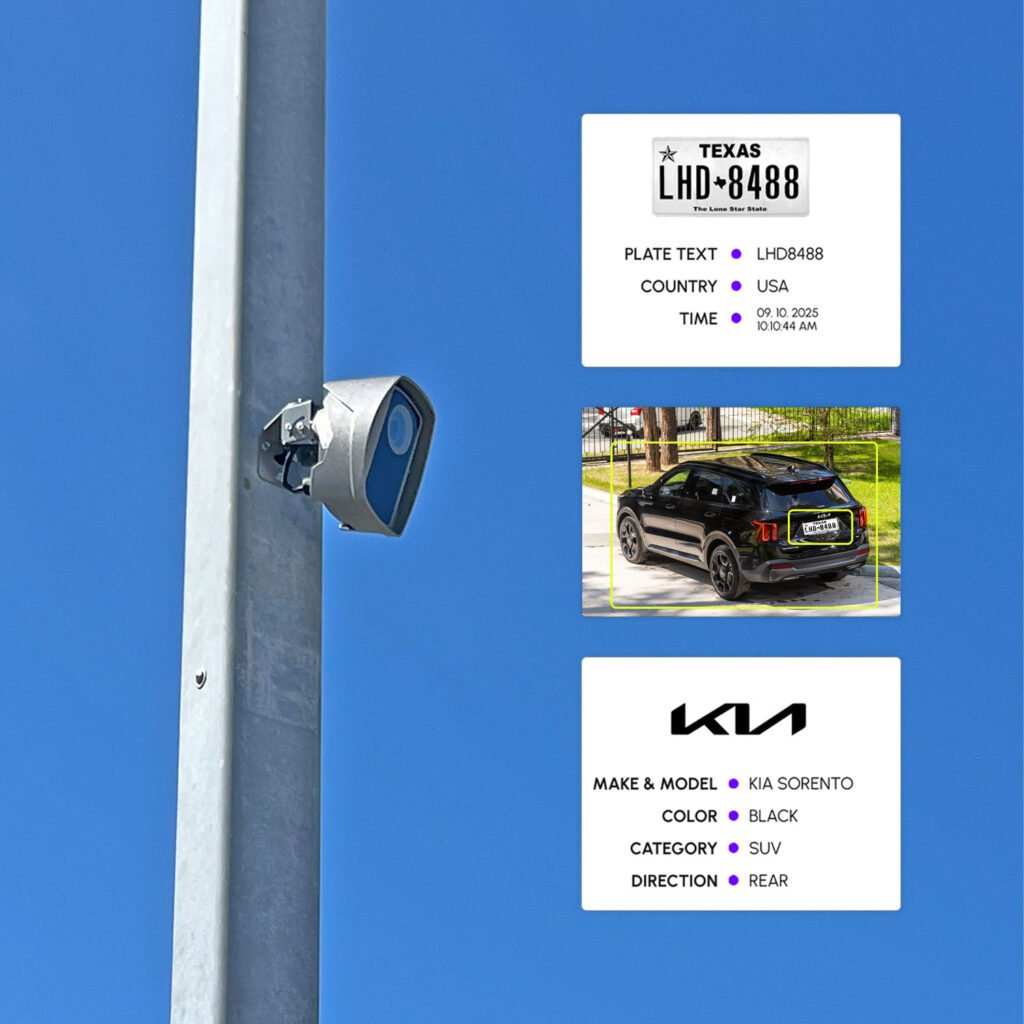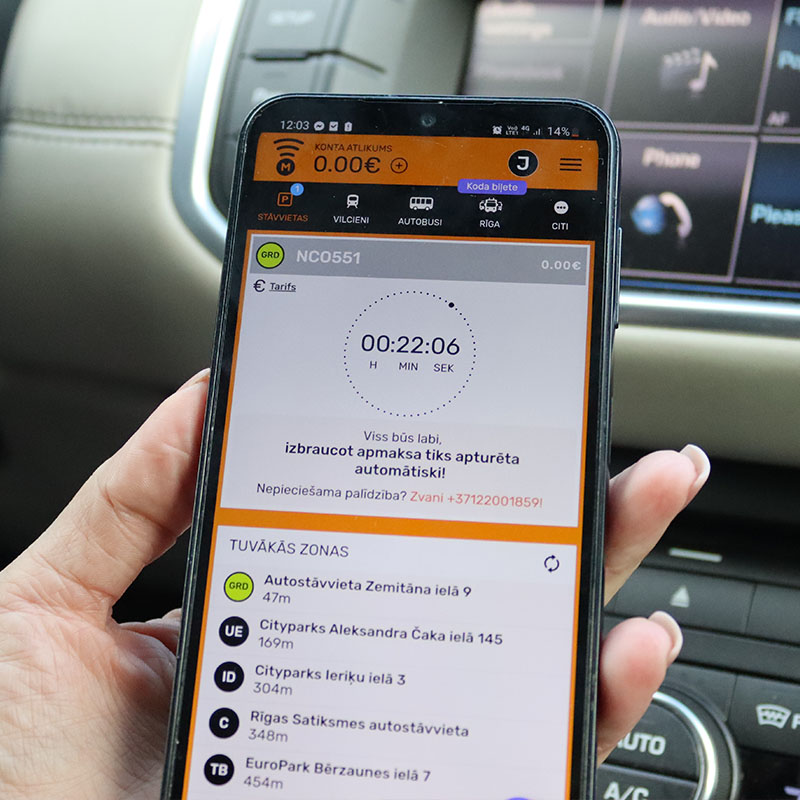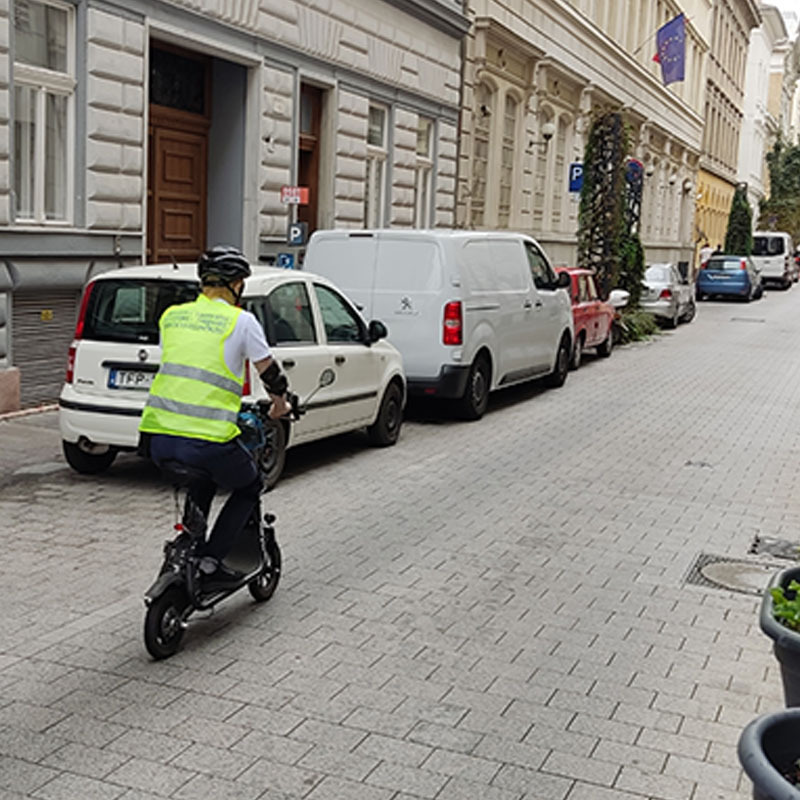Ever purchased something in a duty-free shop? Then you know that it is not a simple pay-and-you-go situation: you also have to present your travel document and the cashier submits some of its data to the system. But why is that? Not only you have wondered about this. Many raise questions via forums, someone asks on Tripadvisor:
‘Why does the duty-free shop at the airport scan my passport? I can understand it when you are purchasing liquor, but to buy a wooden puzzle… I had to go to our gate to find hubby with bags to get mine to buy an $8.50 puzzle.‘
Duty-Free Duties
The answer is simple. To sell things duty-/tax-free, some regulations vary depending on the local laws about how the shop must confirm that a passenger is indeed departing on an international flight, thus he/she is allowed to purchase goods duty-/tax-free – as opposed to (for example) someone that simply works at the airport and must pay taxes after the purchase. The exact requirements vary per country and shops but frequently include data like name and/or travel document number of the customers, and/or the number and date of their flight.
The time, required for submitting this data adds up quickly, as we talk about several seconds but even a minute depending on the local policy. At the end of the day, it turns out that a remarkable part of the day was spent only on this administration task – instead of offering a seamless customer experience.
Automation is Our Friend
SM Duty Free, located at South Korea’s Incheon Airport, decided to cut back this time and automate the process: by using handy ID scanner devices like Adaptive Recognition’s Combo Scan ID scanner. This way, passports, visas, flight tickets, and other travel documents are scanned within the blink of an eye and the data is immediately submitted to the system.
It works with optical character recognition (OCR) – a software that recognizes text and transforms image information into digital characters. It sounds simple – but there are nearly 30 years of development and expertise behind it.

Security as Well
These devices are favored not only by duty-free shops but also by convenience stores and liquor/tobacco shops, where the purchase of specific goods is limited by age. The best way to confirm age is the date of birth information from the identity documents – and these processes are also getting automated by ID scanners at more and more locations. The cashier just scans the document and the system immediately confirms the age, while it saves the ID image for future security purposes.
In addition to age verification, these ID scanners are capable of verifying the ID’s authenticity as well, so documents that were altered in any way (or copied) are filtered out via the scanning process. Shop owners realized two important factors:
- they cannot expect cashiers to be experts in ID security
- transactions with fake IDs will cost them major losses
Such an ID scanner turned out to be a remedy for both.
This solution is widely used in the Myeong-dong area in South Korea, in convenience and retail shops, including the popular CU Convenience Store.
Further Reading/Video
We encourage our Korean readers and speakers of the language to check further materials on the topic:
- A short video presentation by the company (Dawin) that integrated the solution based on our technology:
- Plus, a report from a local news portal, introducing the system in live operation: https://gnews.gg.go.kr/news/news_detail_m.do?number=201905231500397055C048






